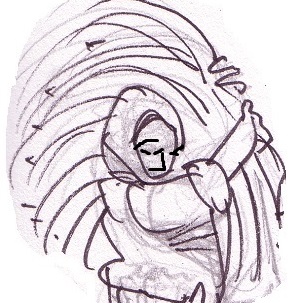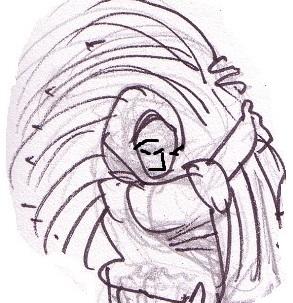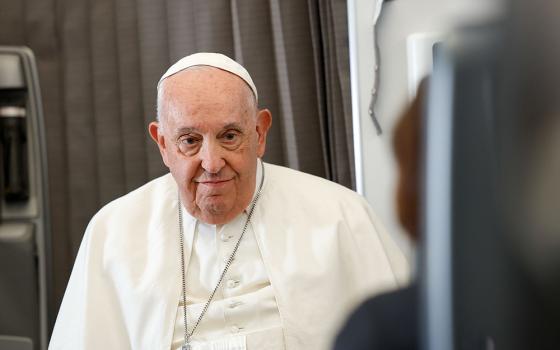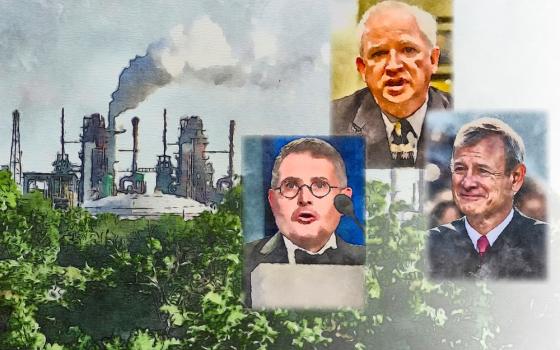

“Deliver us and pardon our sins for your name’s sake” (Psalm 78:9).
Jer 14:17-22; Matt 13:36-43
Today’s short Gospel in which Jesus interprets the parable of the wheat and weeds for his disciples offers us the chance to explore the probable layers evident in the formation of the New Testament. Apparent contradictions help us to distinguish an original parable from its later application to the situation of Matthew’s community in Antioch at the time his Gospel was being composed, probably around the year 80 of the first century.
The core thrust of the parable addresses the human need to divide people into “them” and “us.” Jesus continually confronted this tendency in his audiences and especially in the critics of his preaching about the unconditional mercy of God and his scandalous association with public sinners and outcasts. These “good” people wanted “bad” people to be punished and excluded from God’s favor.
The point of the parable was that good and evil are so intertwined in all of us that the impulse to judge and uproot evil in others will destroy everyone. Like the tares and the wheat, virtue and weakness are often indistinguishable in the early stages of development. To judge another is to risk rejecting their gifts instead of their faults. No, let people be. Stop judging one another. Only God can sort out such mysteries, and God has chosen to let people emerge within the community with all its tensions and issues to be worked out with patience and mutual love.
This was too much to ask of the community in Antioch, made up of both Jewish and Gentile converts to Jesus, whose Good News was that the God of mercy calls all of us to new life and perfect love. To satisfy both sides of the question, Matthew provides an explanation of the parable promising that in the end God would save the good people and burn up the bad people. What gets compromised is the God Jesus preached, whose unconditional mercy was as scandalous to the early Christians as it was to Jesus’ original audiences and especially his self-righteous critics.
The conundrum is laid at our feet. We call the Bible “revelation,” a truth we ourselves could not have discovered or concluded, and this truth is that God is merciful. Jesus stakes his entire ministry on this truth and is himself the human face of divine mercy. This revelation is important because the human mind pulls God in the direction of justice. We want there to be justice, which means that some of us are good and deserve to be saved and some others are bad and deserve punishment, even exclusion from God’s favor, what we imagine to be heaven. The scandal of the Gospel is that God never ceases to love sinners and want them to be gathered into the beloved community at the end of history. Only self-exclusion can separate someone from God’s love, because that love has also made us free.
We all live with this mystery, including the sins and graces in conflict within each of us. We are called to live in communities that mirror our own mixed condition, waiting for God to transform us with the fire of his love.
Advertisement








